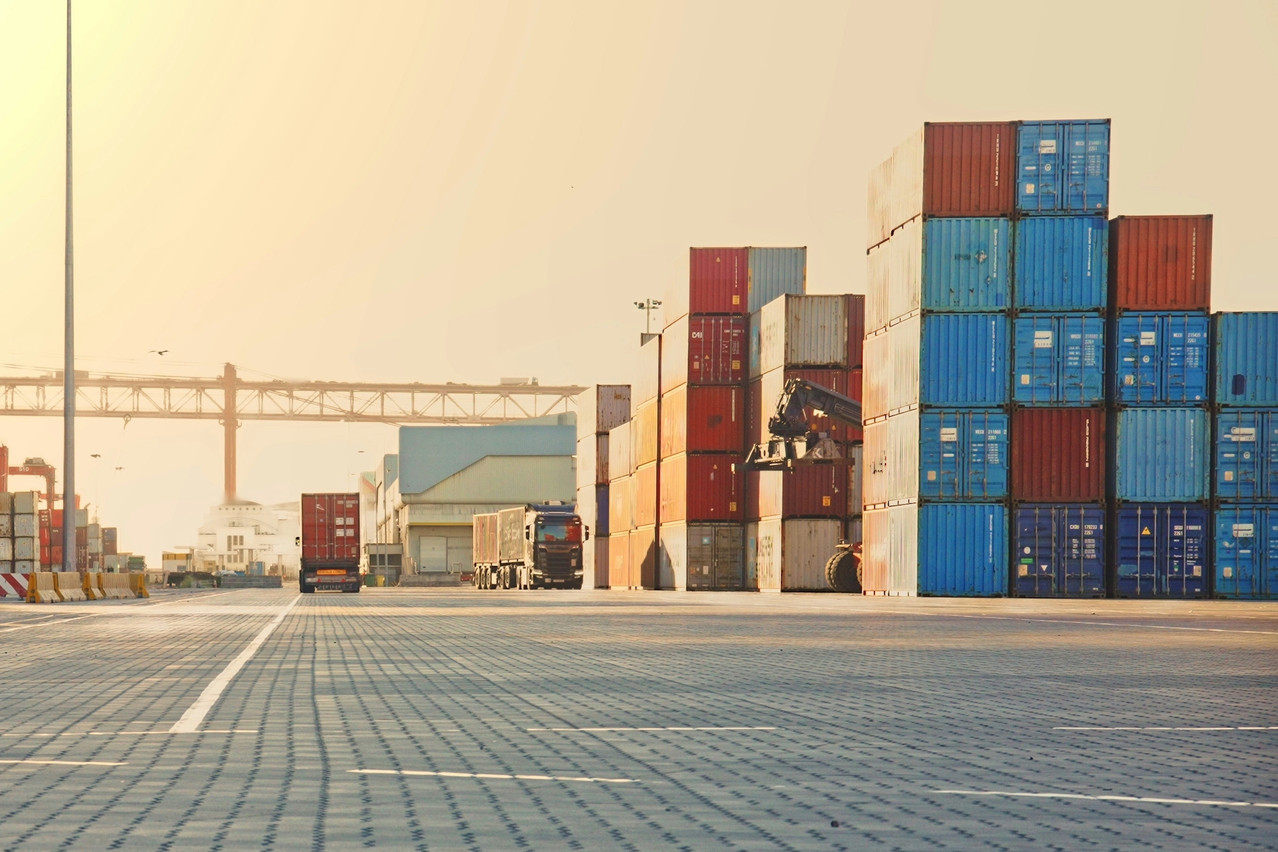Editor’s note: the interview with Philippe Heisbourg was conducted on 5 March 2025 and his comments naturally reflect the world economic situation as it was known then.
“We’re really in unprecedented times,” says Philippe Heisbourg, partner at BHB and Partners, a corporate finance advisory firm. Heisbourg was willing to share with Paperjam his broad view of the economy. “The geopolitical tensions and the reshaping of global economic stability are definitely an issue.”
The tensions he is referring to are well known: the war in Ukraine, conflicts in the Middle East, US–China tensions and current US politics more generally. In an interview on CBS News in early March, Warren Buffet even called Trump’s tariffs an “act of war, to some degree,” and indeed punches have been thrown on both sides: following the introduction of US tariffs on $28bn of EU exports, the EU announced in March that worth €26bn.
Europe’s particular challenge, Heisbourg suggests, will be to navigate troubling geopolitical waters without its usual ally to the west.
There is the question of inflation as well. Trends like inflation often travel eastwards across the Atlantic, and in the US rates have been rising every month since September 2024, from 2.4% to 3% (January 2025) [editor’s note: as of March 2025, the rate has fallen to 2.6%]. “Europe could face some inflationary pressure,” Heisbourg comments.
“The era of expansive monetary stimulus--characterised by significant liquidity injections--appears to be coming to an end,” he adds, explaining that there will probably be less money and that money will be more expensive.
What will these tensions mean for the markets? Certainly more volatility, which is something that affects investment strategies. “For the moment, I would say market sentiment is cautious,” says Heisbourg. “Investors are definitely worried about economic slowdowns.”
For his part, Guy Wagner, chief investment officer of Banque de Luxembourg Investments, doesn’t think the mood of caution, at least in the US, will last: “the continuing rise in household incomes [in the US] suggests… that the slightly more cautious behaviour of the American consumer is unlikely to become a new trend destined to intensify,” he says in the BLI’s monthly market report on 5 March 2025.
As far as the markets go, Europe is of course in a particular situation: its economy tends not to experience the dynamic growth arcs of its counterparts in North America and Asia. Heisbourg suggests that issues like energy security or supply chain problems might hit Europe hard.
Pressures from without and within
Luxembourg’s financial sector is clearly the meat-and-potatoes of the country’s wealth, but it also presents what Heisbourg calls a “structural weakness.” In other words, having an economy so oriented towards service export exposes the country to external factors beyond its control, like global shocks and slowdowns.
Financial services differs from other industries too in that it’s comparatively mobile, continues the corporate finance expert. It may not be simple to uproot a bank and move it across a border, but it’s far harder to relocate something like the steel industry. And there are countries like Ireland, the Netherlands and France who have competing financial sectors.
The way to address this structural weakness is diversification, says Heisbourg. “We should definitely try to strengthen our financial sector by being super attractive in Europe, but we should also diversity our sources of revenue.”
But Luxembourg’s “true pain point,” for Heisbourg, is real estate, the high price of which is an obstacle for people who might otherwise wish to move to the grand duchy to work. “I believe the state could activate some levers to accelerate [solutions to this problem].” He points out that the state and the communes together constitute the biggest landowner in the country, and suggests that they could build housing to rent out at controlled prices. This would be meant for foreign workers: “nowadays, talent attraction is really one of the key issues.”
“All this being said,” he adds, “I’m still positive about Luxembourg and happy to do business and contribute to the economic ecosystem here. We’re the crossroads between two of Europe’s strongest economies (France and Germany), we have a multilingual workforce, we are an EU capital between Brussels and Strasbourg, we have short decision-making chains.”
Growth opportunities
If interest rates go up, it will directly affect deal financing, Heisbourg says, which would give a strategic advantage to cash-rich companies.
“Industries with geopolitical tailwinds, like cybersecurity and energy security but also defence, might see increased investor interest,” he adds, stipulating that these are broad observations based on the geopolitical tensions of the moment.
The general mood of uncertainty might lead to a slowdown in deals, he says, but will also create opportunities. Some companies will suffer from increasing interest rates, which creates the potential for distressed acquisitions.
Wagner, from Banque de Luxembourg Investments, comments that European equities are also a positive point. “Despite Wall Street’s weakness,” he says, “European equities maintained their favourable trend of the beginning of the year on hopes that the probable abandonment of fiscal orthodoxy in the eurozone to rearm the old continent might trigger a more notable economic recovery.”
On a global level, the economy is expected to grow by 3.3% both in 2025 and 2026, according to an IMF report from February 2025. China’s GDP is projected to grow by 4.6% this year, the US’s by 2.7% and Europe’s (not including the UK) by 1%.
This article was written for the to the of Paperjam magazine, published on 26 March 2025. The content is produced exclusively for the magazine. It is published on the site to contribute to the full Paperjam archive. .
Is your company a member of Paperjam Club? You can request a subscription in your name. Let us know via .
